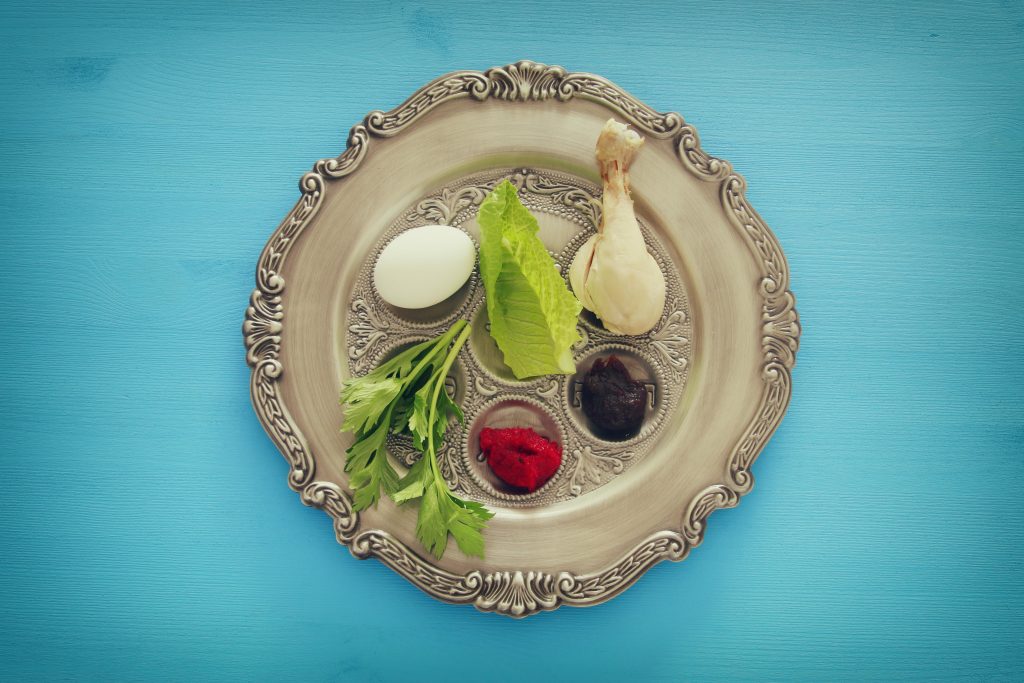This summer my husband and I finally did what we said we would do, even if it has taken us over a decade to follow through. While the task was important, we just had not made it a priority. Work, family, and so many other responsibilities obfuscated what we knew had to be done.
Finally, we made the call and met with an estate lawyer. When we first got married, 26 years ago, we had our wills drawn up and embarrassingly, we had not had them updated until this year.
The conversations we had with our lawyer and the questions we were asked were enough to bring me to tears. Who do you appoint as your health care surrogate? What happens if both of you “expire”? How do you want your assets divided? Do you want to be kept on life support?
Incredibly difficult and important topics to discuss, and as we went through this process, I began to think about why many of us think about our legacy from a financial perspective and less so from a spiritual one?
But what exactly is a spiritual legacy? I’d like to offer that it is how an individual passes on their spiritual beliefs, lived life experiences, and core values to future generations either verbally or in a written document.
Examples of leaving a spiritual legacy might include teaching future generations, the importance of living with an “attitude of gratitude,” developing a growth mindset, or observing Jewish holidays and lifecycle events.
In this week’s Torah portion, Vayechi, Jacob speaks what I believe is his spiritual legacy. Jacob knows that he is approaching the end of his life and wants to ensure that he imparts his spiritual legacy to his grandsons, Ephraim and Menashe, through his son, Joseph, when he says the following…
וַיְבָ֥רֶךְ אֶת־יוֹסֵ֖ף וַיֹּאמַ֑ר הָֽאֱלֹהִ֡ים אֲשֶׁר֩ הִתְהַלְּכ֨וּ אֲבֹתַ֤י לְפָנָיו֙ אַבְרָהָ֣ם וְיִצְחָ֔ק הָֽאֱלֹהִים֙ הָרֹעֶ֣ה אֹתִ֔י מֵעוֹדִ֖י עַד־הַיּ֥וֹם הַזֶּֽה׃ הַמַּלְאָךְ֩ הַגֹּאֵ֨ל אֹתִ֜י מִכׇּל־רָ֗ע יְבָרֵךְ֮ אֶת־הַנְּעָרִים֒ וְיִקָּרֵ֤א בָהֶם֙ שְׁמִ֔י וְשֵׁ֥ם אֲבֹתַ֖י אַבְרָהָ֣ם וְיִצְחָ֑ק וְיִדְגּ֥וּ לָרֹ֖ב בְּקֶ֥רֶב הָאָֽרֶץ׃
“The God in whose ways my fathers, Abraham and Isaac walked. The God who has been my shepherd from my birth to this day. The angel who has redeemed me from all harm-Bless the lads (Ephraim and Menashe). In them may my name be recalled, and the names of my fathers, Abraham and Isaac, and may they be teeming multitudes upon the earth.”
Through these words, what precisely is the spiritual legacy that Jacob is leaving for his offspring? Here are five hopes and desires that I believe Jacob expresses to his son and grandsons:
1) Jacob immediately connects them to the Holy One, to the Source of All from the get-go. In fact, that is the first word he utters, “Ha’Elohim –(God),” perhaps indicating to his descendants that God must be in the forefront of their mind.
2) He names his father, Isaac and grandfather, Abraham, twice in these two verses; thereby, teaching his son and grandsons the importance of knowing one’s roots, ancestors, and the stories and values embedded in them.
3) Jacob shares his own life story through the use of the words, “the angel who redeemed me from all harm” conjuring up two transformative encounters he had with angels. The first, when he left his family in his dream of the ladder, and second in his encounter with the angel who named him Yisrael. By sharing these words, Jacob reminds them to be open to “God’s angels/messengers” who will appear in their lives.
4) Jacob tells them that he would like his name to be remembered and invoked after he dies, along with the names of his father, Isaac and grandfather, Abraham. Seeing himself in the link of his family chain, Jacob wants his offspring to also link themselves to this growing Jewish chain.
5) He blesses his grandsons with the same Divine protection that he experienced, in addition to blessing them with future prosperity and abundance.
Within these two short verses, we are shown what Jacob valued and treasured most during his life: his relationship to God and the Divine protection that accompanied him, the angels/messengers who showed up for him during his life, and his connection to his ancestors.
What are the values, ideas, and beliefs that are most important to you? How do you live and model these values on a daily basis? What lessons do you want to pass onto to your children, grandchildren, or to future generations?
I invite you to take some time to explore what you’ve learned during your lifetime that you’d like to share with those who will come after you. In essence, how do you live into your spiritual legacy and how will you share it?
Shabbat Shalom

Rabbi Amy Grossblatt Pessah








